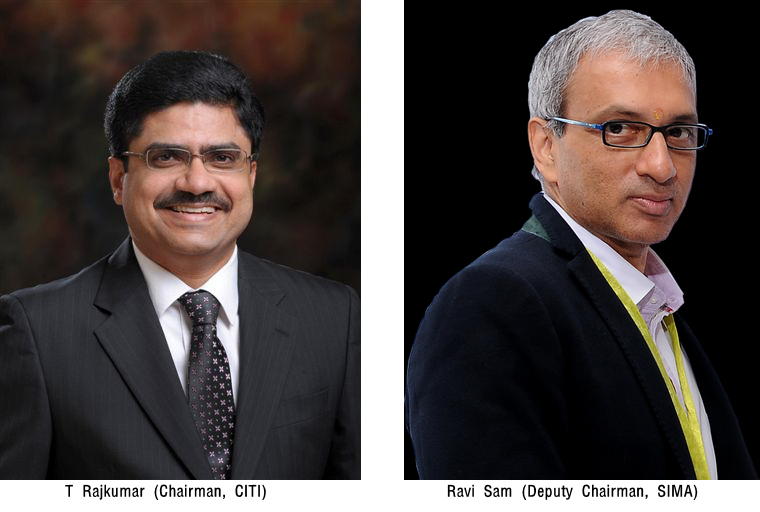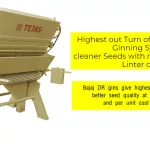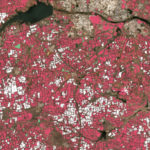Removal of 1% AMC Cess on Cotton and Cotton Waste – A path-breaking and historical policy initiative by Tamilnadu CM – hail SIMA and CITI
Coimbatore: 4.9.2021
Background
Tamil Nadu Agricultural Market Committee started levying 0.5% Cess on Cotton and Cotton Waste since 1959 and the same was increased to 1% from the year 1987. The Cess has to be paid on every sale of cotton produced out of Tamilnadu, any rejected bales sourced from other States and also on Cotton Waste, a bi-product generated while producing yarn in the spinning mills. Tamil Nadu which accounts around 45% of the spinning capacity including 80% of the SSI spinning units, around 50% of the open end spinning units, handlooms and powerloom weavers across the Tamilnadu especially, Coimbatore, Tirupur, Erode, Salem, Namakkal, Karur, Madurai, Virudhunagar, were affected with this 1% AMC Cess. No other State in the country levies Cess on Cotton Waste.
Market Facts and Figures
Tamil Nadu produces only around 5 to 6 lakh bales of cotton while it consumes 110 to 120 lakh bales (170 kgs per bale) per year and they were sourcing the remaining cotton from other States and also other countries by spending huge transportation cost ranging from Rs.2/- to Rs.6/- per kg. Tamil Nadu textile industry, that already has several other cost disadvantage and also competition from other cotton producing States that offer huge incentives, had to incur additional cost due to the levy of AMC Cess. The entire industry and the farmers were demanding the Government to remove the 1% AMC Cess since 1980s. Today, the Hon’ble Chief Minister of Tamilnadu has announced the decision of the Government to remove the levy of 1% AMC Cess on cotton and cotton waste.
SIMA-CITI Response
In a joint Press Meet held at SIMA Conference Hall, Coimbatore today, Mr.T. Rajkumar, Chairman, Confederation of Indian Textile Industry (CITI) and Mr. Ravisam, Deputy Chairman, The Southern India Mills’ Association (SIMA) have profusely thanked the Hon’ble Chief Minister of Tamil Nadu for taking a path-breaking and historical policy initiative in removing the 1% AMC Cess on Cotton and Cotton Waste to enable Ease of Doing Business and also benefit the cotton farmers and the industry across the cotton textile value chain. They have said that this would immediately benefit two lakh cotton farmers. They have stated that the State has envisaged to increase cotton production from five lakh bales to 25 lakh bales by 2030. This would encourage farmers to switch over to cotton crop from other cash crops and is likely to benefit 10 lakh farmers in the long run. They have further stated that though there is a revenue implication of around Rs.30 to Rs.35 crores annually due to removal of AMC Cess, the State revenue by way of SGST would increase by several fold because of additional growth and also depot sales facilities in the State.
Benefits
Mr. Rajkumar and Mr. Ravisam have stated that the decision of removing the 1% AMC Cess would attract several private cotton traders and Cotton Corporation of India to open depots in Tamil Nadu and sell the cotton on a daily basis to the SSI spinning mills. They have further stated that this would considerably reduce the working capital requirements and also the cost, time and transportation.
Mr. Rajkumar and Mr. Ravisam have stated that the removal of 1% AMC Cess on Cotton Waste would greatly benefit the open end spinning sector that accounts 50% of the county’s spinning capacity and would make them to source all their raw material requirement within the State that would increase SGST revenue substantially. They have stated that the entire globe especially the global brands and retailers prefer and pay premium for sustainable textile products produced out of waste and therefore, Tamilnadu would get good export opportunities. They have said that the decision is an additional advantage for Tamilnadu to attract investments and create additional jobs for lakhs of people.






